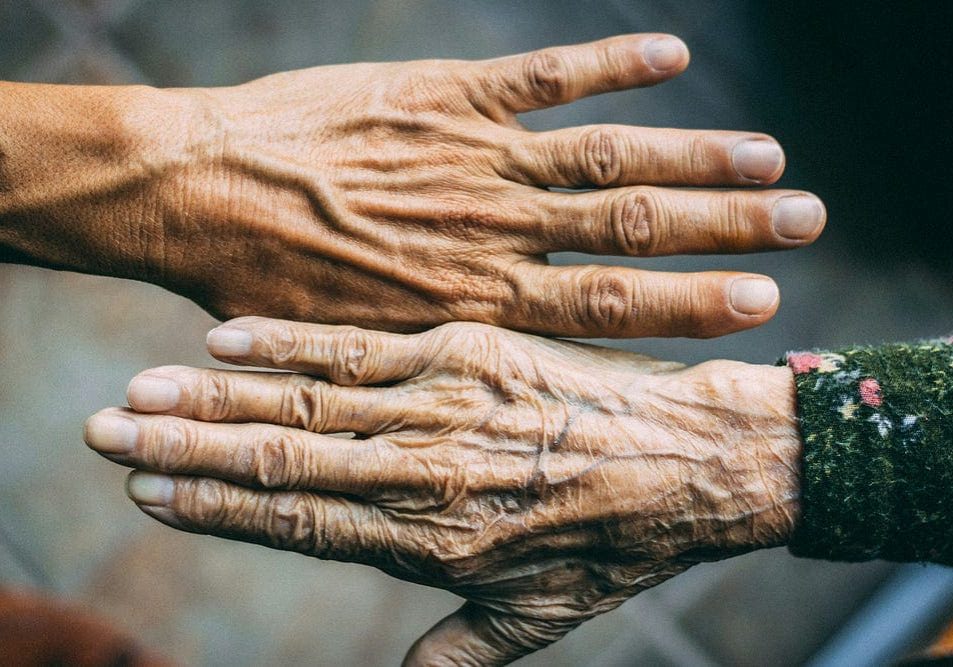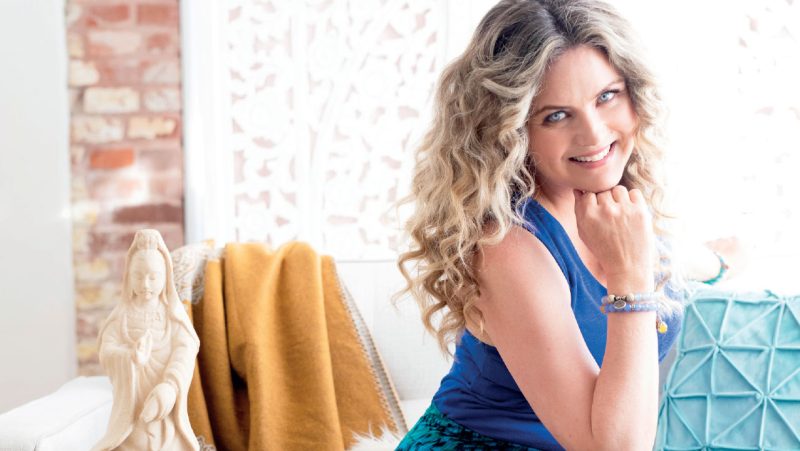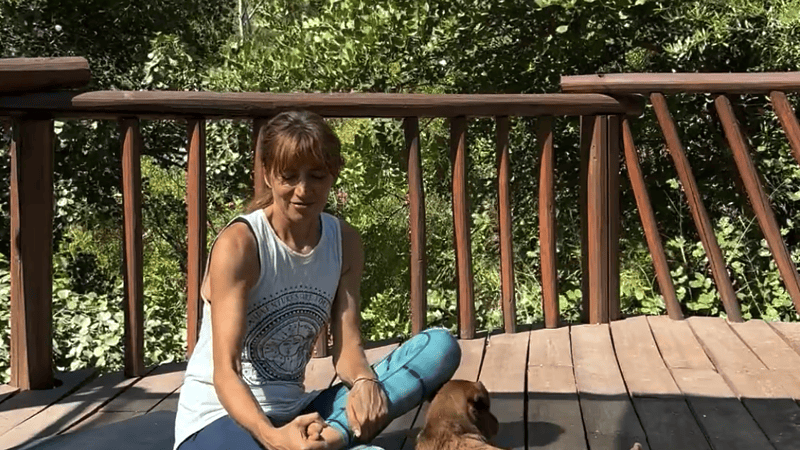
This Harvard Scientist Says Aging Is Optional—Here’s What That Actually Means
Aging is a part of life—or so we’ve always believed. We’re told the only way to stop aging is to stop living. But what if that’s not entirely true?
Reading time: 3 minutes
According to Harvard researcher and longevity expert Dr. David Sinclair, aging—as we know it—might actually be optional. Or at the very least, a whole lot more flexible than we’ve been led to believe.
We often equate aging with frailty, forgetfulness, and fatigue. But that’s chronological aging—the number on your driver’s license. Biological aging, on the other hand, is what determines how your body and brain actually function. And here’s the good news: your biology is much more influenced by your lifestyle than your genetics.
Let’s break it down.
Chronological Age vs. Biological Age
You’ve probably seen it: two people the same age who seem to live in completely different bodies. One is active, vibrant, and glowing. The other… not so much. That’s the difference between chronological and biological age.
While your birthdate is fixed, your biological age can speed up—or slow down—depending on your habits. So what can we do to stay younger, longer?
Here are a few habits that science (and Dr. Sinclair) say actually make a difference.
- Rethink Your Diet
Nobody loves the word “diet,” but your food choices have a huge impact on how your body ages.
Eating a mostly plant-based, low-sugar diet, with periods of fasting, has been shown to reduce inflammation, improve metabolic function, and lower the risk of age-related diseases. Plus, your skin could look younger without cosmetic treatments.
And yes—being a little hungry from time to time might be a good thing. Intermittent fasting gives your cells time to rest, repair, and regenerate. You don’t need to go full monk mode—but giving your body longer breaks between meals can help slow down aging from the inside out.
- Move Your Body—Any Way You Can
Movement is medicine—and you don’t need a gym membership or a 6-day lifting split.
Dancing in your kitchen, walking around the block, or even gardening counts. Regular movement improves heart health, boosts energy, and helps maintain muscle and bone mass—both of which naturally decline as we age.
Bonus points for strength training (think: resistance bands, bodyweight exercises, or even carrying groceries). Muscles aren’t just for looks—they’re protective.
Forget anti-aging creams, surgeries and supplements—science is pointing us in a whole new direction.
- Stress Less, Think Sharper
We know stress feels bad. But it turns out it actually ages you faster.
Chronic stress increases inflammation, weakens your immune system, and can even speed up cognitive decline. One of the most powerful (and free) anti-aging tools? Meditation. Just 5–10 minutes a day can reduce stress hormones and help protect your brain.
Also, keep learning. Pick up a hobby, read outside your comfort zone, or learn a new language. Your brain craves stimulation—and neuroplasticity means it can keep growing, even as you age.
- Sleep Like It’s Your Job
We love to glorify hustle, but when it comes to aging, sleep is everything.
Sleep is when your body repairs itself, balances hormones, and resets. Experts say the sweet spot is between 10 p.m. and 2 a.m.—aka the real “beauty sleep” window. If you’re skimping on rest, your skin, metabolism, and mood all pay the price.
Want to age well? Turn off your phone, dim the lights, and get those 7–8 hours like your future depends on it. Because it definitely does.
The Bottom Line
We can’t stop the clock—but we can slow down its effects.
By changing how we eat, move, rest, and think, we can age with strength, clarity, and energy. Maybe even with fewer wrinkles.
Because aging might be inevitable—but how you experience it? That’s up to you.
Quick Takeaways:
- Biological age matters more than the number on your license.
- Fasting, plants, and less sugar = big longevity wins.
- Movement keeps your body strong and your mind sharp.
- Managing stress and learning new things protects your brain.
- Sleep is the most underrated anti-aging secret.





